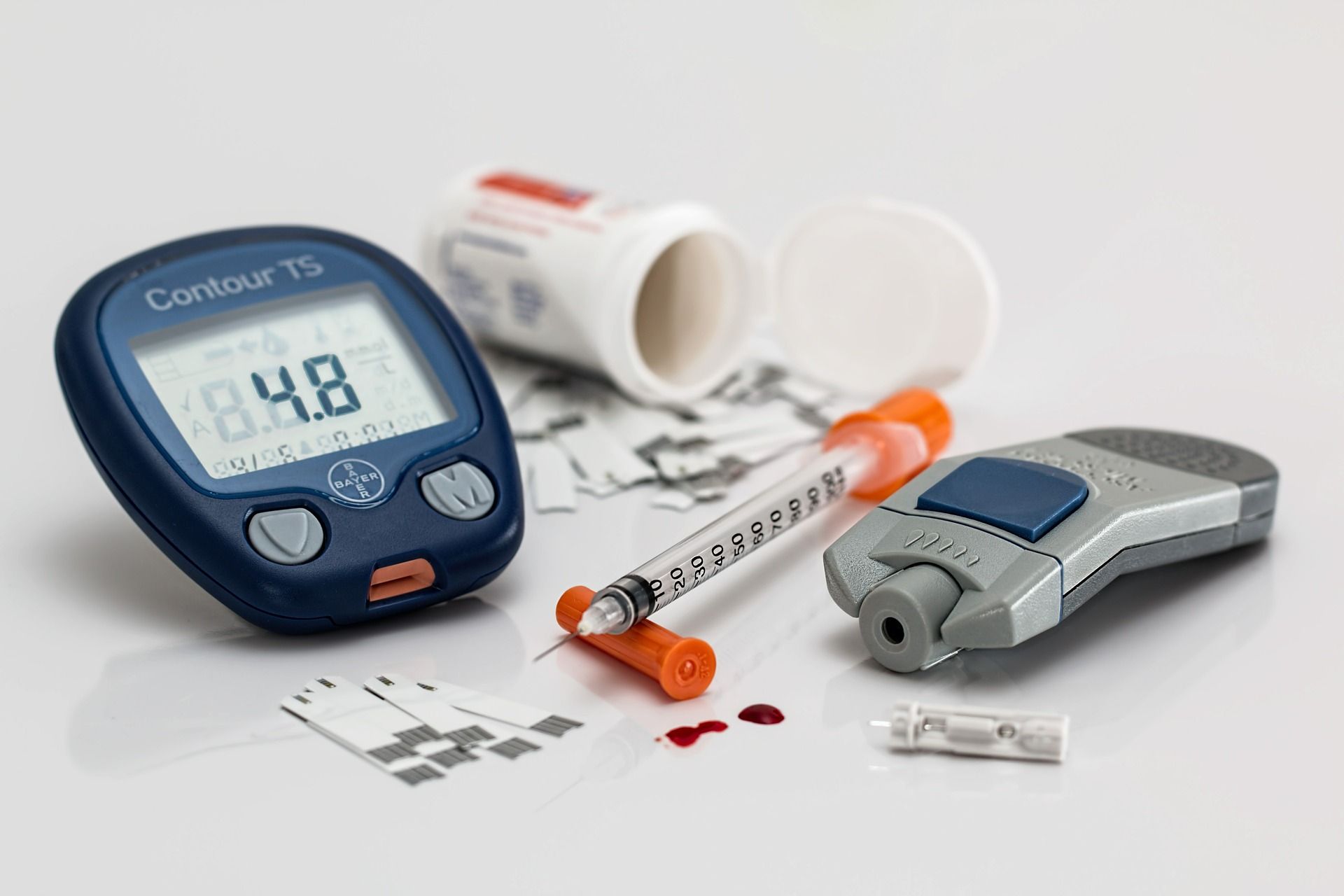it was not until almost a year later – after medications and lifestyle changes didn’t work – that doctors discovered i had type 1 diabetes – an autoimmune condition.
when i heard that, i have to admit, my immediate reaction was one of relief. if it was not type 2, then it was not my fault – which is untrue; it’s not anyone’s fault they have diabetes.
the internalized negative attitudes towards diabetes come from the messages – spoken and unspoken – we hear regularly: you have diabetes because you are lazy, overweight, or make unhealthy food choices.
not only are these perceptions wrong, they are harmful. they overlook important uncontrollable risk factors including genetics, environment and social determinants of health. they hurt the mental well-being of those with diabetes and they can jeopardize our health by deterring us from managing the condition – such as skipping blood glucose tests, not injecting insulin when out in public or not even admitting to having diabetes.
seven years after my diagnosis, internalized blame and shame remain a struggle. i still sometimes feel i am being judged if i order french fries or eat a random cookie. i still sometimes feel like a failure if my glucose monitor shows my numbers are out of range. i still sometimes fail to treat a low blood sugar right away. (to this day, my best friend talks about the time i had severe hypoglycemia while driving through a major traffic jam and nobody in the car had any idea until my glucose monitor alarm started really screaming.) i still sometimes silence those alerts and alarms during meetings or events because i don’t want to bring attention to myself.
 3 minute read
3 minute read























